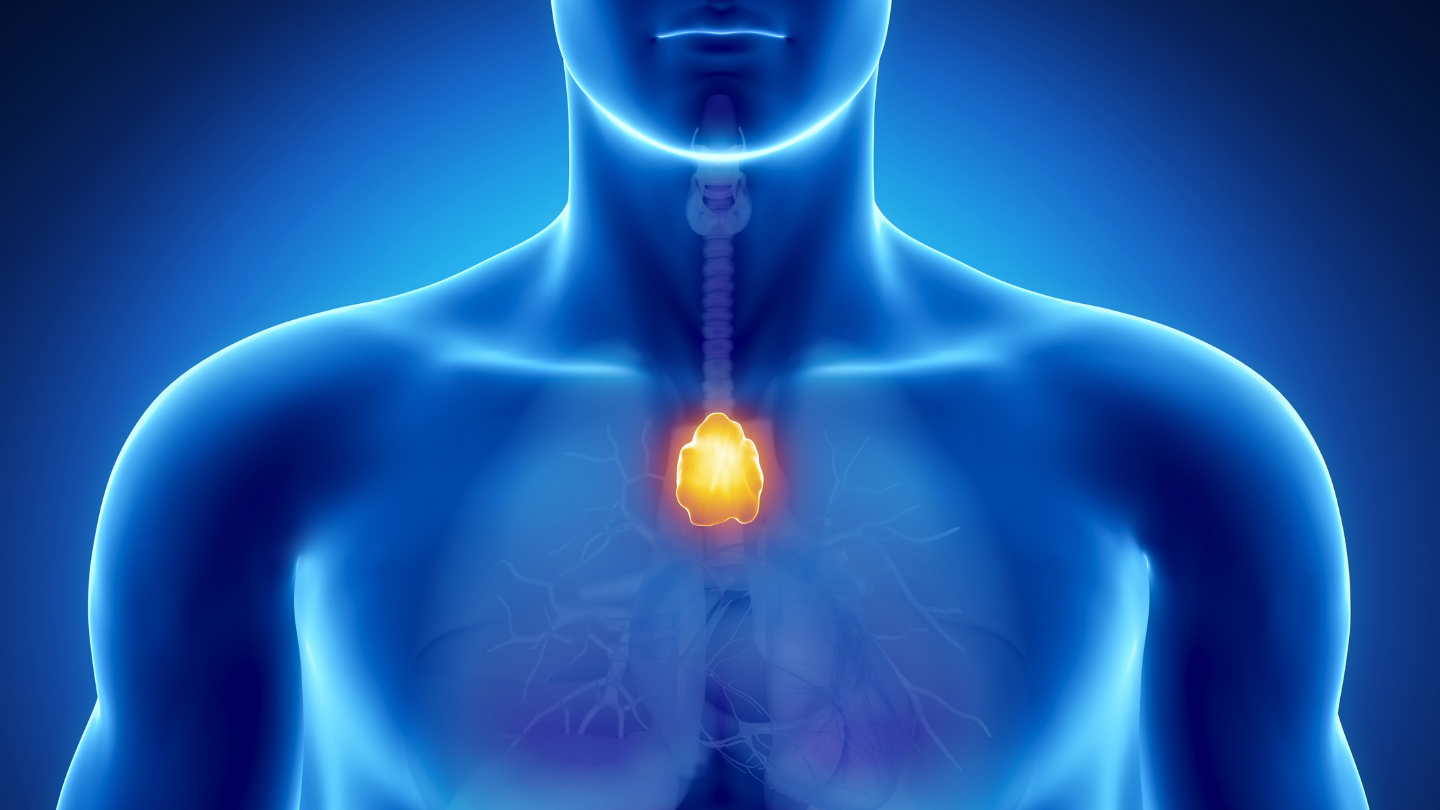A mysterious organ that’s most active in childhood might play a previously underappreciated role in adults.
“This is a really important finding,” says immunologist Dong-Ming Su of the University of North Texas Health Science Center at Fort Worth, who was not involved in the work. Prior to this study, he says, “there was no direct evidence to demonstrate [the thymus’] importance in adults.”
The thymus resides in the chest between the lungs, right in front of and above the heart. In infants, the gland almost completely covers the heart. It pumps out immune cells called T cells, which detect foreign invaders that could cause illness.
But the gland’s activity dwindles after puberty, producing fewer new T cells as we age. Adults mostly rely on memory T cells, long-lived cells that rapidly produce specialized T cells in response to intruders the body has fought before. The thymus gradually wastes away and gets replaced by fat.
2023-08-02 16:00:00
Post from www.sciencenews.org
